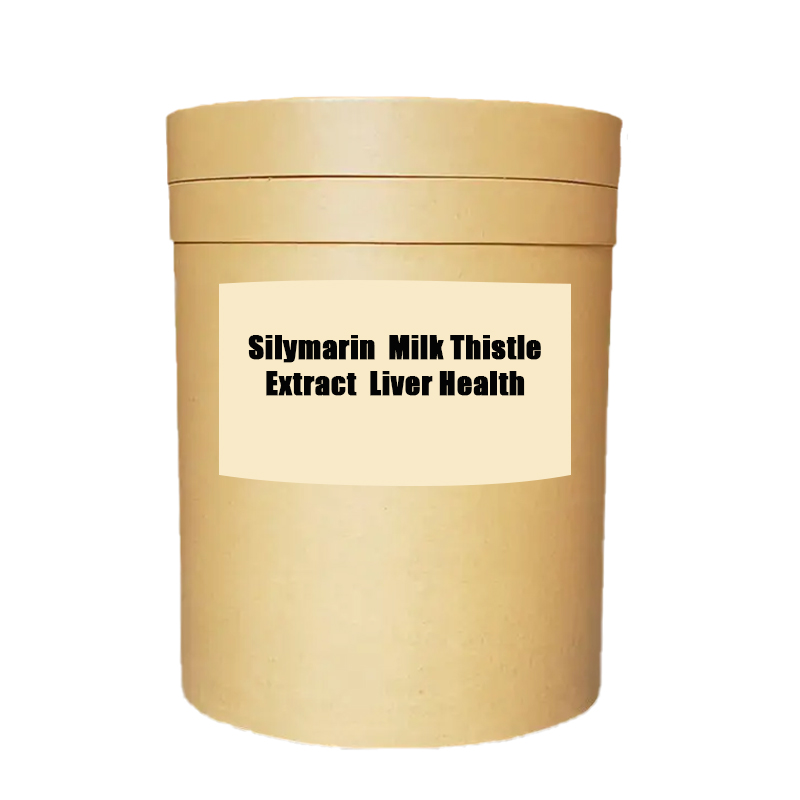
اکتبر . 17, 2024 01:26 Back to list
Understanding Coccidiosis in Poultry and Its Impact on Production Efficiency and Health
Coccidiosis in Poultry Understanding and Managing the Risks
Coccidiosis is a prevalent parasitic disease that affects a variety of livestock, but it is particularly severe in poultry. Caused by microscopic protozoan parasites of the genus Eimeria, coccidiosis can lead to significant economic losses for poultry farmers due to increased morbidity and mortality rates. This article aims to provide an overview of coccidiosis in poultry, the manufacturers of anti-coccidial products, and effective management strategies.
The Impact of Coccidiosis
Coccidiosis can manifest in several forms, primarily affecting the intestinal tract of chickens, turkeys, and other birds. Symptoms may include diarrhea, dehydration, poor weight gain, and lethargy. When left untreated, coccidiosis can result in high mortality rates, particularly in young chicks. The disease is often exacerbated by poor management practices, such as overcrowding, inadequate sanitation, and stressors from environmental changes.
The economic impact of coccidiosis is considerable. It can lead to increased veterinary care costs, prolonged medication expenses, and a decrease in the overall productivity of the flock. In severe cases, outbreaks can necessitate the culling of infected birds, further amplifying financial losses for farmers.
Understanding Manufacturers and Products
As the threat of coccidiosis looms over poultry farming, a variety of manufacturers have stepped up to produce effective anti-coccidial products. These products typically fall into two categories chemical anticoccidials and live vaccines.
Chemical anticoccidials, such as ionophores and synthetic compounds, are widely used in feed formulations to prevent and control coccidiosis. These compounds work by disrupting the life cycle of Eimeria, thereby reducing the parasite's ability to reproduce and cause disease. Notable manufacturers in this sector include companies like Zoetis, Merck Animal Health, and Elanco, which produce a range of coccidiostats that are approved for use in poultry.
On the other hand, live vaccines present a biotic approach to coccidiosis control. These vaccines contain attenuated strains of Eimeria that stimulate the bird's immune system, allowing it to build immunity against the disease. Unlike chemical treatments, vaccines do not leave residual chemicals in the poultry products, making them more favorable for organic or antibiotic-free poultry operations. Companies like Ceva Santé Animale and Merial have made significant advancements in live vaccine development for poultry.
coccidiosis en aves manufacturer

Prevention and Management Strategies
Effective management of coccidiosis requires a multifaceted approach. Preventative measures should be prioritized to minimize the risk of outbreaks. Key strategies include
1. Biosecurity Implement strict biosecurity measures to prevent the introduction of coccidiosis into flocks. This includes controlling access to poultry facilities, using clean equipment, and maintaining good hygiene practices.
2. Improved Housing Conditions Ensure adequate space, ventilation, and cleanliness in poultry housing. Overcrowding and unhygienic conditions can exacerbate the spread of coccidiosis.
3. Nutritional Support Provide a balanced diet fortified with vitamins and minerals to enhance the birds' immune systems and overall health, making them less susceptible to infections.
4. Regular Monitoring Conduct regular health checks and monitor the flock for signs of illness. Early detection of coccidiosis can lead to timely intervention and treatment.
5. Strategic Use of Anti-Coccidial Products Collaborate with veterinarians to determine the appropriate use of chemical treatments or vaccines. They can help design a flock management program that minimizes the risk of resistance developing in coccidial populations.
Conclusion
Coccidiosis remains a significant challenge in the poultry industry, but understanding its implications and utilizing effective management strategies can help mitigate its impact. With ongoing advancements from manufacturers in anti-coccidial products and a commitment to best practices, poultry farmers can enhance the health and productivity of their flocks while minimizing economic losses associated with this parasitic disease.
-
Premium Honeysuckle Products - Leading Honeysuckle Manufacturer & Supplier Factory
NewsJun.10,2025
-
Pulmonary Edema Solutions from Leading Manufacturer & Supplier Reliable Factory Price
NewsJun.10,2025
-
Red Eyes - Leading Red Eyes Manufacturer & Supplier, Premium Quality Factory Price
NewsJun.10,2025
-
Broiler Ascites Syndrome Solutions Top Manufacturers
NewsJun.10,2025
-
Premium Amoxicillin Suppliers Reliable Biomox Mexican Factories
NewsJun.10,2025
-
Top Brewing Cell Wall Solutions Optimized Efficiency
NewsJun.09,2025




